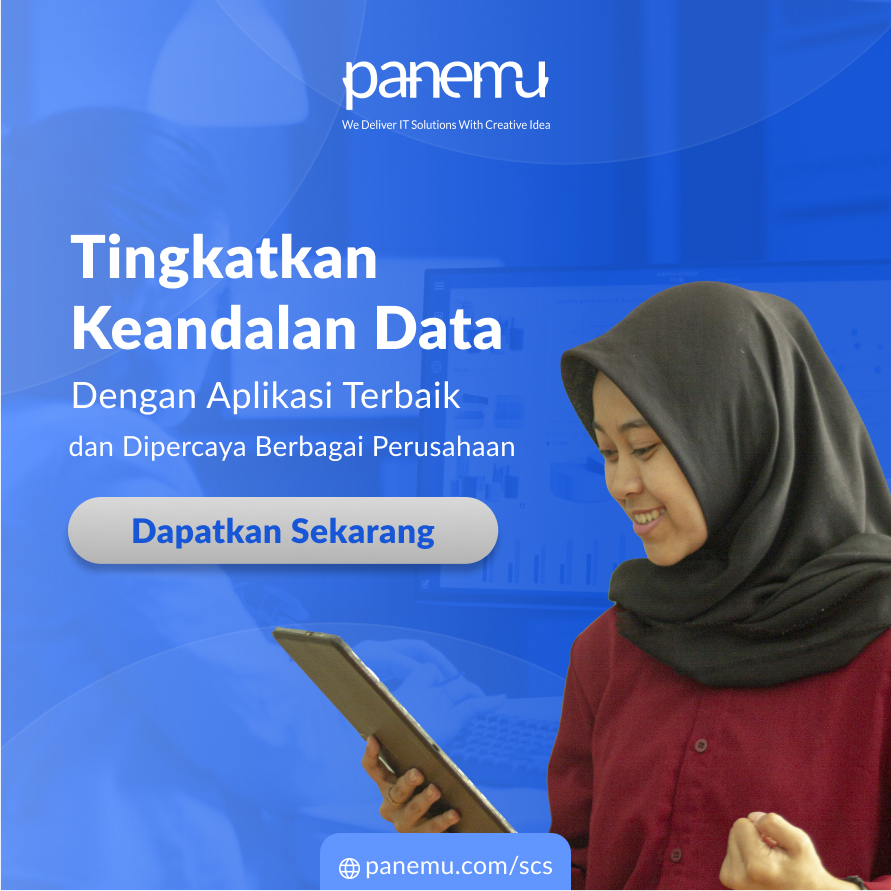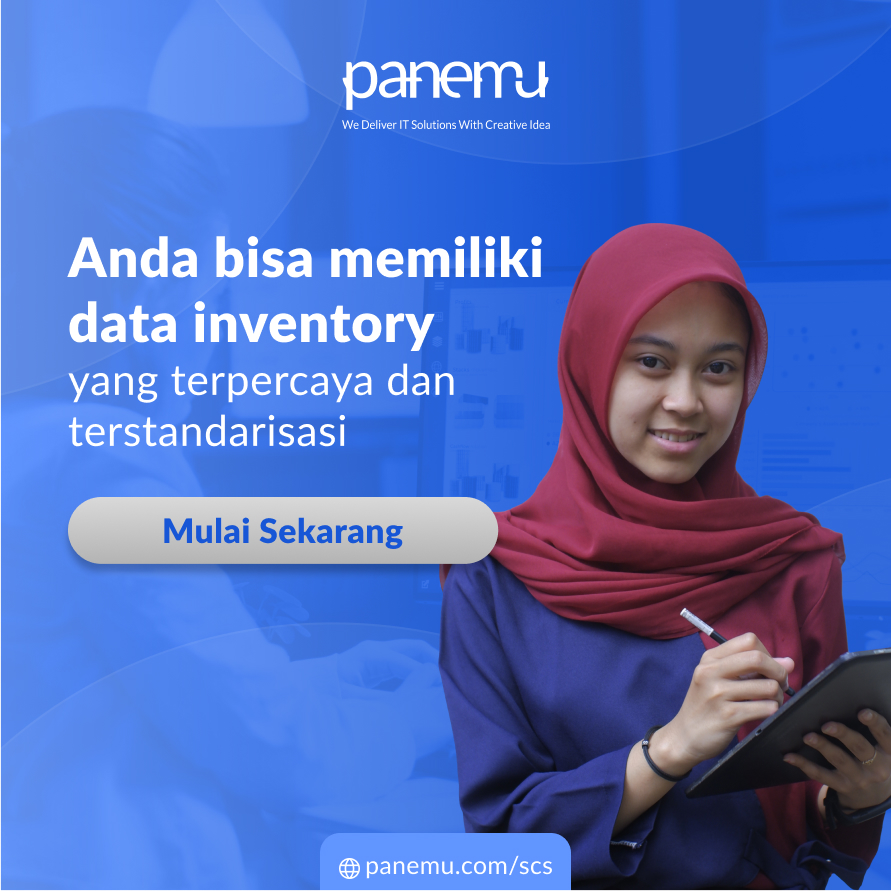Surabaya is not only an industrial city, but also a strategic node in the national supply chain. Amidst the currents of digitalization and global competition, corporate companies in Surabaya are required to be not only fast but also precise—especially in managing MRO (Maintenance, Repair, and Operations) material information. However, how many organizations truly realize that data chaos is the root of systemic inefficiencies?
Current System Weak Points
- Multiplicity of Material Names
When one type of bearing has four different names in the system, it is not variety, but chaos. - Duplication in ERP Systems
Uncurated legacy data causes modern ERP systems to perform inefficiently. - Lack of Classification Standardization
Without a taxonomic reference such as the UNSPSC or the Nato Codification System (NCS), data-based decision-making becomes biased. - Protracted Internal Audit
Because traceability of spare part items is weak, the audit process becomes repetitive and time-consuming.
Why is Surabaya in the spotlight?
Surabaya and its surrounding areas are home to a wide variety of industries: logistics ports, food and beverage factories, automotive manufacturing, and even heavy equipment. All of these sectors depend on the continued operation of their equipment—and that means precise MRO management.
However:
- Many companies still rely on legacy, unvalidated data.
- Information systems are still siloed between units.
- Procurement processes are often based on last-minute needs because stock data is unreliable.
It's time to make cataloguing not just a data project, but a strategic operational transformation project.
The Ideal Cataloguing Structure That Is Relevant for Corporations
- Standardized Technical Description Format: Size, specifications, material, function
- Unique Material Code: There are no duplicate items in the system
- Global Taxonomy Reference: Refer to NCS and/or UNSPSC
- Criticality Level Classification: Facilitates procurement prioritization
- Indikator Status Obsolescence: Reduce the risk of using obsolete goods
Momentum That Can't Be Missed
When is the ideal time to start cataloguing?
- When planning an ERP/CMMS system migration
- Before the integration of logistics and SCM systems
- When faced with repeated audit findings regarding material data
- When companies strategically target operational cost efficiency
The best time is now. Delaying means allowing the cost leak to continue.
Panemu, Your Strategic Partner in Surabaya
Panemu has been trusted by various corporate entities to undertake comprehensive material data restructuring. We don't just fix item names; we build robust, standardized, and cross-platform material information systems.
With supportSpares Cataloguing System (SCS), we provide technology-based solutions that are capable of:
- Aligning the catalog structure with your company's local needs
- Adopting global standards NCS and UNSPSC
- Provide dashboard insightfor data-driven decision making
🔗 Explore more about our services:
Amidst the operational complexity of modern industry, cataloging is more than just data. It's a fundamental step towards efficiency, supply chain resilience, and business sustainability.
With Panemu, cataloging is no longer an administrative task, but a strategic investment. Surabaya has the resources, momentum, and need for it. We're here to help you make it happen—precisely, systematically, and relevant to your industry's realities.

